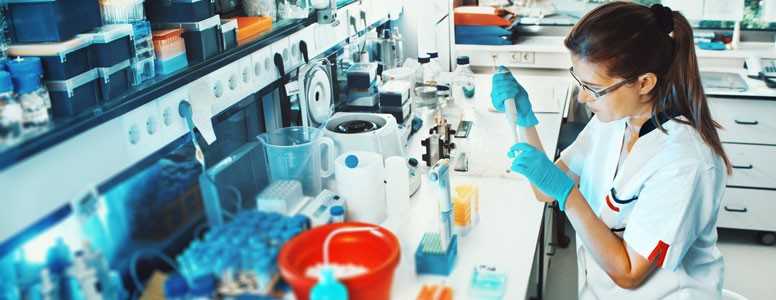Scientists believe they have identified five distinct groups of DNA that appear to cause variability in how type 2 diabetes develops.
US scientists say the research represents a first step towards using genetics to identify subtypes of type 2 diabetes. They also believe the results highlight the need to avoid treating people with type 2 diabetes with a “one-size-fits-all” approach.
Two of the genetic subtypes identified related to insulin deficiency, where beta cells do not make enough insulin, while three related to insulin resistance, where insulin is not used properly.
The Broad Institute of MIT and Harvard and Massachusetts General Hospital research involved up to 17,365 people with type 2 diabetes from four studies. Around 30% had a high genetic risk score which distinguished them from others with the condition.
The researchers analysed genomic data and discovered different groups of DNA sites, which they believe are responsible for five unique forms of the condition.
These findings were confirmed when the scientists looked at data from the National Institutes of Health’s Roadmap Epigenomics Project, and also compared the results with four independent groups of people with type 2 diabetes.
The analysis revealed that people classed as having a DNA variant relating to insulin resistance had a bigger waistline, while those who fitted into a form of insulin deficiency were likely to be thinner but had insulin-resistant diabetes which appeared to differ from the insulin resistance that results from obesity.
If genetic changes could lie beneath the differences displayed by people with the condition, then there could be a number of processes which lead to high blood glucose levels, the researchers added.
The study was published by the journal PLOS Medicine.
Editor’s note: The researchers discuss how there are several medications which can be used to treat type 2 diabetes but add that approaches to medication should change to form personalised care. One way people are able to put their type 2 diabetes into remission and come off medication altogether is by going low carb. On our Low Carb Program, 40% of users come off at least one diabetes medication on average at the one-year mark.
What's new on the forum? ⭐️
Get our free newsletters
Stay up to date with the latest news, research and breakthroughs.









